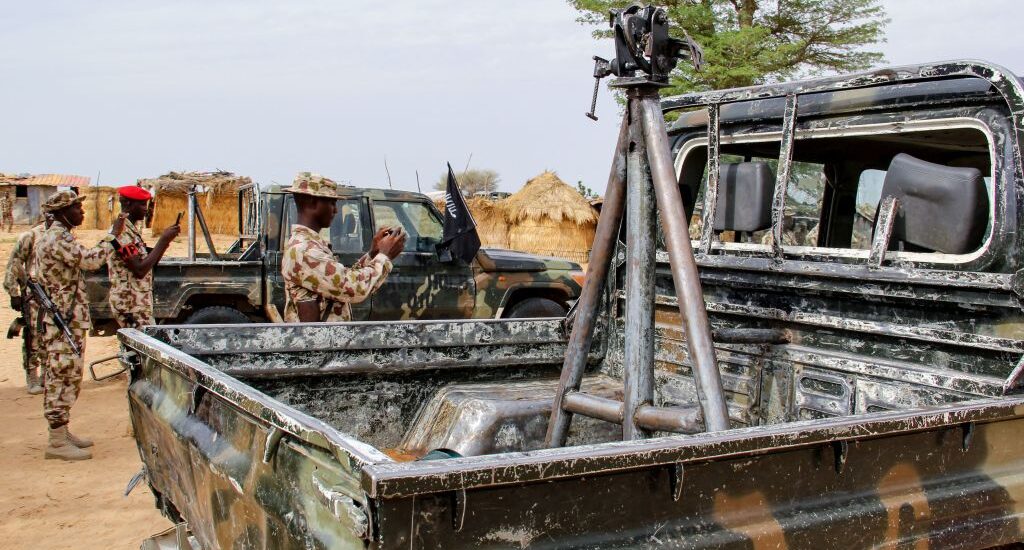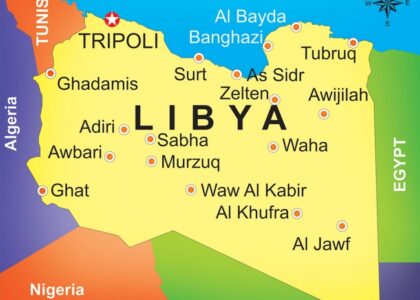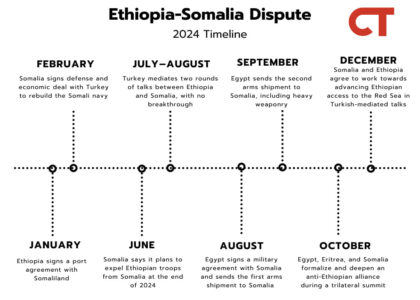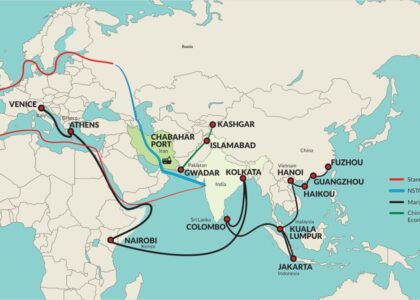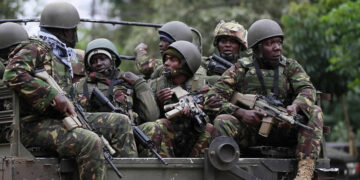A terror organization known as Lukarawas is sowing fear in northwest Nigeria’s Kebbi and Sokoto states, an area in which Boko Haram, the Islamic State West African Province and bandit gangs continuously wreak havoc.
On November 9, Lukarawas, which is linked to the Islamic State group (IS), is accused of killing 15 people in Mera, a Kebbi State town, and stealing a large number of cattle. “As of now we are yet to ascertain the identity of the attackers,” Superintendent of Police Nafiu Abubakar, Kebbi State Police spokesperson, told Sahara Reporters. “It’s too early to confirm whether the attackers were from the Lakurawa group or not.” In response, Nigerian security forces launched air and ground assaults on camps belonging to the group, resulting in the seizure of stolen cattle and the forced retreat of the group toward Borgu, a “strategic area near the Nigeria-Benin border,” according to a report by Zagazola Makama, an independent counterterrorism and crime prevention network based in the Lake Chad region.
Maj. Gen. Edward Buba, Nigeria’s director of defense media operations, said the coup in Niger led to a breakdown of security cooperation between Nigerian and Nigerien forces, allowing the terror group to exploit border weaknesses. Lukarawas also has roots in Mali. “The terrorists took advantage of the gaps in cooperation between both countries and exploited difficult terrains to make incursions in remote areas in some Northwestern states to spread their ideology,” Buba said in a report by Nigerian online newspaper Nairametrics.
The Nigerian Army has labeled Lukarawas as a new group, but Murtala Ahmed Rufa’i, an associate professor of peace and conflict studies at Usmanu Danfodiyo University Sokoto, wrote that the group has been operating in several communities along the Nigeria-Niger border since 1999. Rufa’i believes the military labels the group as new to deflect blame for recent attacks.
Initially herders, Lukarawas now promotes its own version of Islam as it seeks to form a caliphate. It is known to move from community to community, preaching against Western civilization and participatory governance. This is similar to the playbook used by Boko Haram, which also is linked to the IS. Members from Mali also have settled in northwest Nigeria communities, where they have married locals and recruited young people into jihadism. Many of them speak Fulfulde, which is commonly spoken by the Fulani ethnic group.
According to Rufa’i, the group initially was recruited by local governments to protect communities from armed bandits from Zamfara State. Lakurawaere paid for their services and succeeded in disrupting the bandit threat between 2016 and 2017 but soon began their own campaign of violence. These actions threatened the leaders who invited them to form an armed group, leading to a dispute that culminated in the killing of a local district head. Buba seemingly believes that Lukarawas will not be able to withstand Nigeria’s military strength.
“The options open to them are to surrender or be killed on the battlefield,” Buba said in a report by Nigerian newspaper Leadership. “Accordingly, some terrorist leaders, commanders and combatants have indicated (they are ready to) surrender. We are opening a surrendering corridor for that purpose.”
Writing for The Conversation, researchers John Sunday Ojo, of the Institute of Security and Global Affairs at Leiden University in The Netherlands, and Ezenwa E. Olumba, of the Royal Holloway University of London’s Conflict, Violence, & Terrorism Research Center, argue that such operations have not stopped Boko Haram or its affiliates in the past.
They said a lack of preventive intelligence operations to stop terror groups from infiltrating communities is a major challenge. “The reliance of communities on groups like the Lakurawa for protection made it possible for a band of armed herders in Mali to become a powerful terror group in Nigeria,” Ojo and Olumba wrote. “This situation shows how security agencies in Nigeria have failed these communities.”
Source: adf-magazine.com


